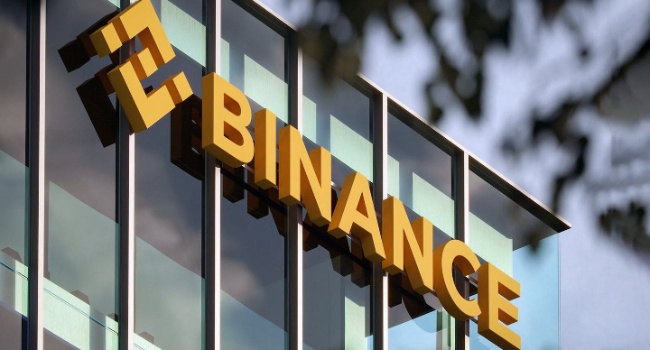Nigerian authorities have reportedly detained two senior executives at Binance in a bid to clamp down on naira speculation.
As reported by the Financial Times (FT), Binance’s two senior executives have been arrested upon arrival to Nigeria by the Office of the National Security Adviser after the country imposed a ban on multiple crypto exchanges.
While the names of the detained executives were not specified in the report, it is understood that their passports were seized, as per sources familiar with the situation cited by the FT. Binance has not issued any public statements on the matter at the time of reporting.
Nigerian authorities have shifted their attention to cryptocurrency websites following a rapid devaluation of the naira, contributing to inflation reaching an almost three-decade high of nearly 30%. As crypto.news earlier reported, the Nigerian government ordered telecom and internet service providers to restrict access to various crypto exchanges, including Binance, Coinbase, and Kraken in an effort to safeguard against the frequent depreciation of the naira, the national currency.
During a recent press conference, Olayemi Cardoso, Nigeria’s central bank governor, referenced Binance while discussing fund flows through crypto exchanges, expressing worries over the significant sums passing through Binance Nigeria in 2023, totaling $26 billion, from sources that the government “cannot adequately identify.”
Sources close to the situation, as reported by the FT, revealed that Nigerian authorities have requested a list of Binance’s Nigerian users who joined the platform since its launch, though it remains unclear if this is part of negotiations to secure the release of the detained executives.
Earlier in February, Binance imposed a limit on the selling price of Tether (USDT) on its peer-to-peer platform in Nigeria. In a blog announcement to Nigerian users on Feb. 20, the exchange emphasized its commitment to collaboration with local authorities, saying it’s “working hand in hand with local authorities, lawmakers, and regulators to ensure we act on non-compliance.”




